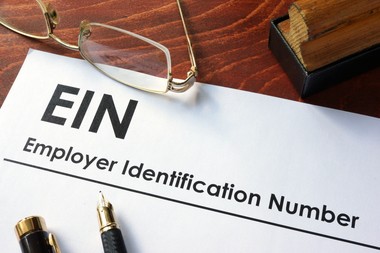May 02, 2023

If you have a company, you need an Employee Identification Number. There are various ways to apply for an EIN, including online at no cost. The online federal EIN application is in a question-and-answer format, with embedded help topics and hyperlinked keywords and definitions. It must be completed in one session — you won't be able to save it and return later.
Once all validations are complete, you'll get your EIN immediately. You can download, save and print your confirmation notice — a fast, free and user-friendly way to get your EIN. Beware of websites that charge for this free service. You can check your state to discover whether you need a state number or charter.
But let's take a step back. When you apply for an EIN, it is presumed that your business structure is legal, so it’s best to be sure your organization was formed legally before you apply. The clock starts running on the three-year period if you fail to file a required return or notice.
When do you need a new EIN?
If you're a sole proprietor, you will need a new EIN when there's a change of ownership or structure, but not for a name change, a change in location, if you add other locations or if you operate multiple businesses. You're required to obtain a new EIN as a sole proprietor if:
If you incorporate, you'll need to obtain a new EIN if:
You won't need a new EIN as a corporation if:
If your company is a partnership, you'll need a new EIN if:
You won't need a new EIN as a partnership if:
And if you've lost or misplaced your EIN and want to verify it, you can visit the online EIN site for instructions. You may also ask the IRS to search for your EIN by calling the Business and Specialty Tax Line at 800-829-4933 . The hours of operation are Monday through Friday, 7 a.m. to 7 p.m. local time.
The IRS is limiting EIN issuance to one per responsible party per day. The responsible party is the person who has a level of control over, or entitlement to, the funds or assets in the entity that, as a practical matter, enables the individual, directly or indirectly, to control, manage or direct the entity and the disposition of its funds and assets.
When you apply for an EIN with the IRS assistance tool, your nine-digit federal tax ID becomes available immediately upon verification.
Note that this is just a summary; the rules can change over time. Your best bet is to work with a qualified tax adviser.
©2023